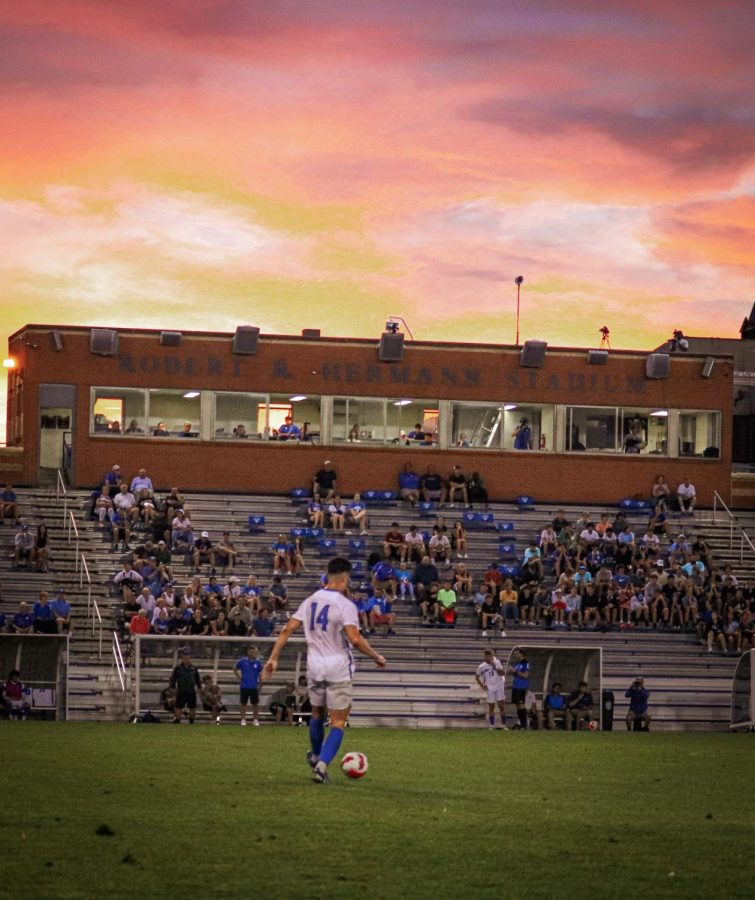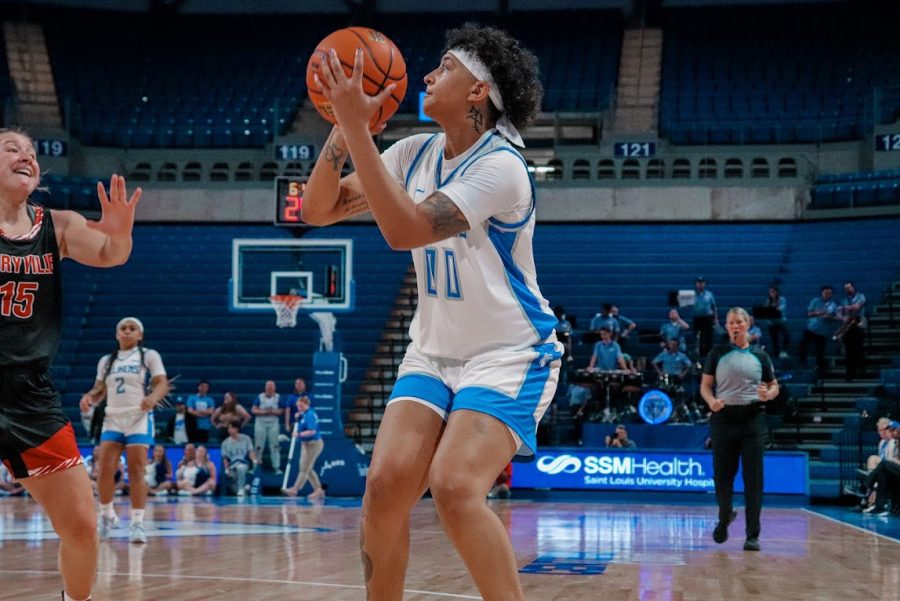Abraham Maslow, a notable psychologist, theorized that human beings need basic articles such as food, water and sleep, among other necessities in order to survive. Another basic need for human survival, according to Maslow, is housing.
The student housing situation for the Saint Louis University campus will be observing some changes for the upcoming Spring 2011 Housing Sign-Up process which will determine housing for the 2011-2012 academic year.
“[Student] feedback guided us throughout the review process,” Dawn Aldrich, Associate and Interim Director of Housing and Residence Life, said.
Aldrich said student feedback was garnered through surveys that were completed after students registered for housing last spring and through discussions with student organizations such as Residence Hall Association and Student Government Association.
Although Aldrich said student feedback would continue to be gathered, she confirmed that the review of the housing process has already been set.
The review process resulted in several changes to the formal housing assignment process that students must go through in order to live on campus.
For current freshmen who are still obligated to live on campus next year, the priority system will determine the order in which students choose from available housing. Precedence, according to Aldrich, will be based on the average number of semesters lived on campus, the average total credit hours of individuals or groups and the average cumulative GPA as of the end of the Fall 2010 semester.
Updated from last year, junior and senior students who are going to participate in the housing sign-up process, for which applications for all students become available Dec. 17, will no longer be affected by the priority system. Instead, students will be registered for sign-ups through a lottery system.
“It’s much like throwing your name in hat and having it pulled out,” Andrea Herderhorst, coordinator for Housing and Residence Life, said.
In a document presented to the SGA at the Nov. 17 meeting, Aldrich estimated that 825 spaces, 288 of which are in the Flats at 374, would be allocated for juniors and seniors to take place in the lottery system. This entails that if more than 825 upperclassmen complete the application process, a waitlist may need to be utilized, according to Aldrich and the Housing and Res Life online FAQ document.
Juniors and seniors given a lottery number between one and 825 will have first choice of any on-campus residence space. Upcoming sophomores will wait to choose their housing space after the upperclassmen complete their process on April 4-5, 2011. Sophomores make their choices on April 7-8, 2011. There will be approximately 1,298 spaces reserved for second year students.
Those upperclassmen on the waitlist will be offered any available housing after the sophomores are placed in spaces.
Other changes to the residence assignment process include the elimination of previous squatting polices, or the act of remaining in one’s current on campus space, and the elimination of the paper sign-up process. Instead, students will choose their housing space through an online portal.
The online utility used is SelectRoom and it is a separate system from the Banner utility that is used for class registration. Herderhorst said that research was conducted of sister universities and similar schools and found that this system is being widely used.
Changes to the sign-up process are no longer malleable, as Aldrich said. However, reactions to the changes are not concrete when comparing the administrative opinion to the student viewpoint.
Dean of Students Scott Smith said he hopes that students will be receptive to the new sign-up system.
“Student government and [Res Life] have been worked with since the fall and the changes are the presentation of that feedback,” said Smith.
Freshman Natalie Grasso said she will be going through her first housing sign up process this spring, but has heard about previous years’ experiences.
“I think it was unfair to upperclassmen last year to let sophomores live in places like the Village, but now it’s fair because they get to choose first,” Grasso said.
Grasso said she hopes to live in one of the Marchetti Towers next year because she believes her current residence hall, Marguerite, is “more of a freshman dorm” with the various Learning Communities housed there.
While Grasso said she feels the housing process will be equitable for all students involved, that is not a unanimous sentiment among all students.
“Last year’s housing process was a joke and the upperclassmen got ripped off,” junior Joe Andreoni said. “I get making sophomores live on campus, but the rule shouldn’t be enacted until there is enough housing for everyone that needs it.”
Andreoni is one student among others who have expressed that they felt forced into their current living situation. Andreoni currently lives in the Flats.
The administration is aware that there is limited space for juniors and seniors and an upperclassmen demand for on-campus housing.
“Upperclassmen like living in the Village and Grand Forest,” Kent Porterfield, vice president for Student Development, said. “I believe we’re still going to have strong upperclassmen demand, but if you look at our total number of upperclassmen right now, more live off campus.”
Porterfield credits this mass of students off campus to the desire for more flexibility and autonomy.
Even though more upperclassmen have been historically living off campus, Porterfield said that he believes the static housing availability will not pose that much of a problem.
“We’re constantly monitoring options,” Porterfield said. “There is kind of an art and a science to the process.”















